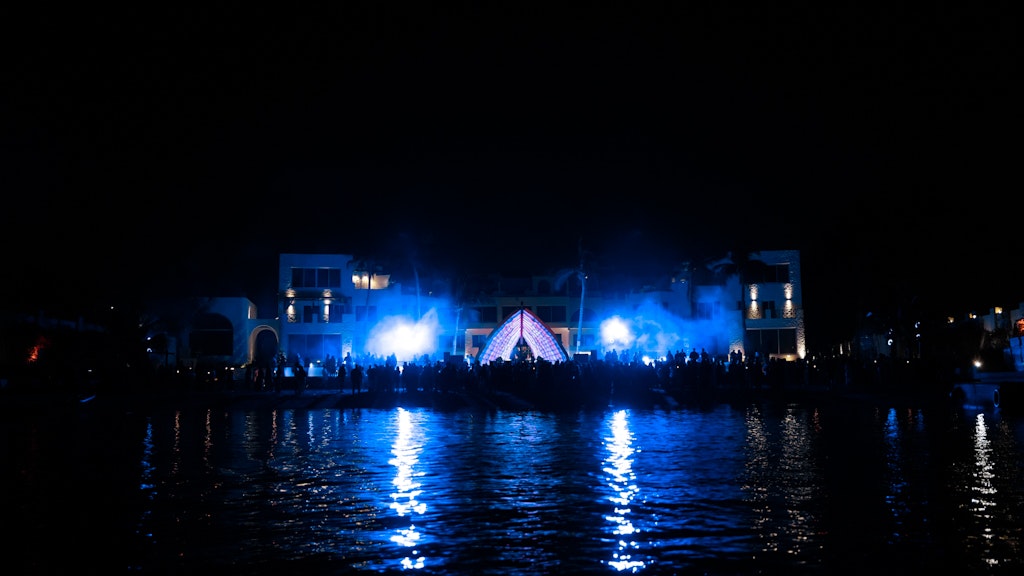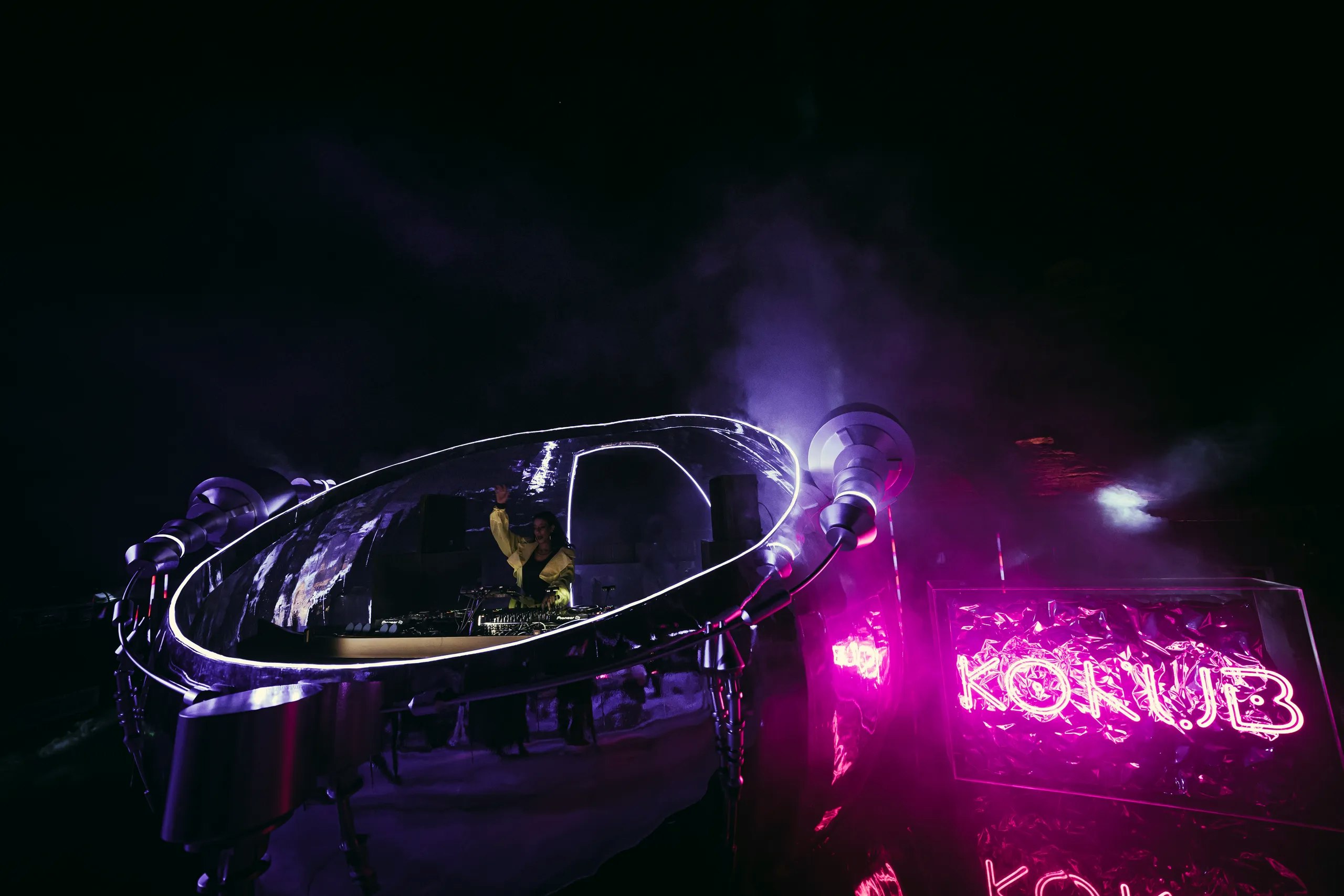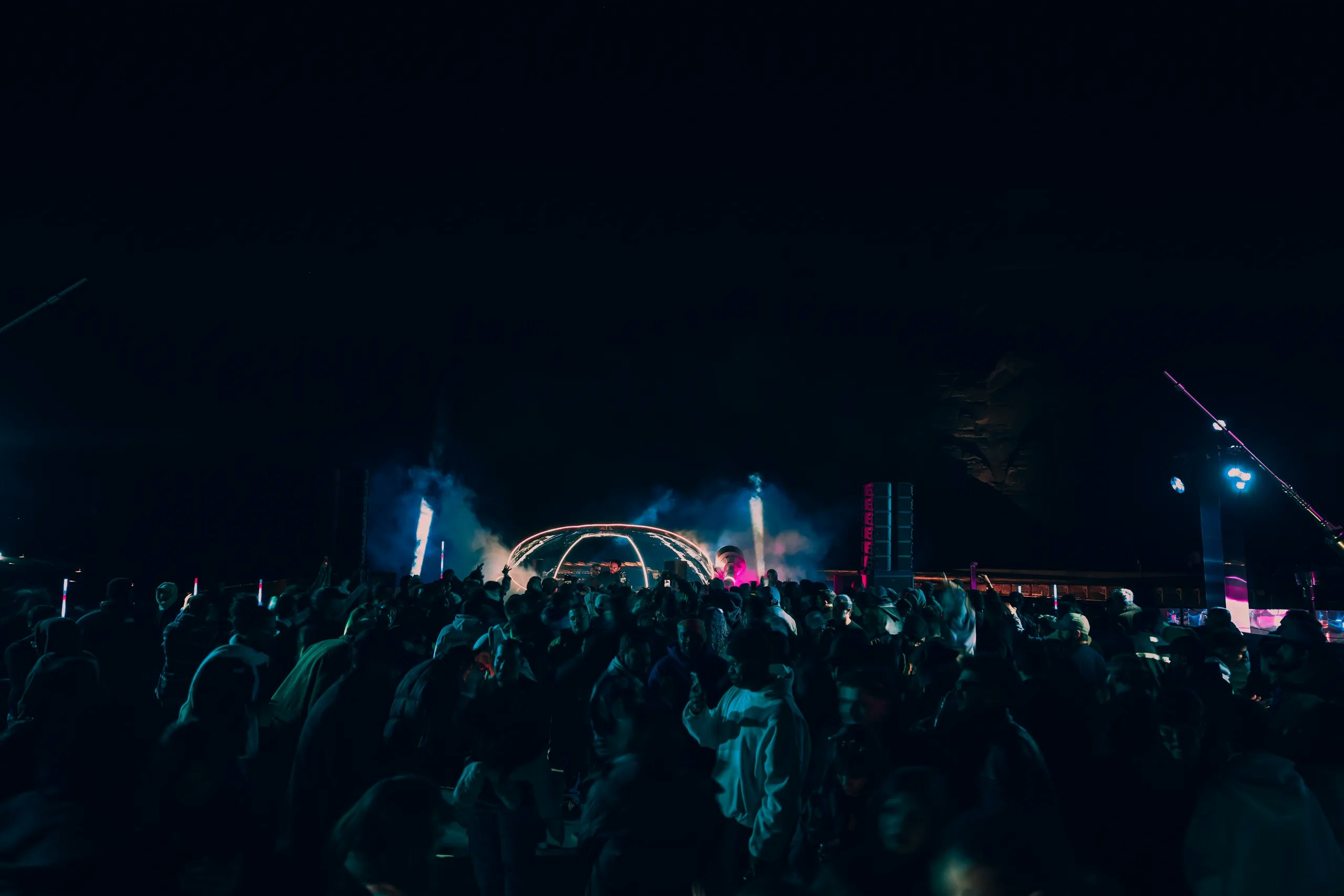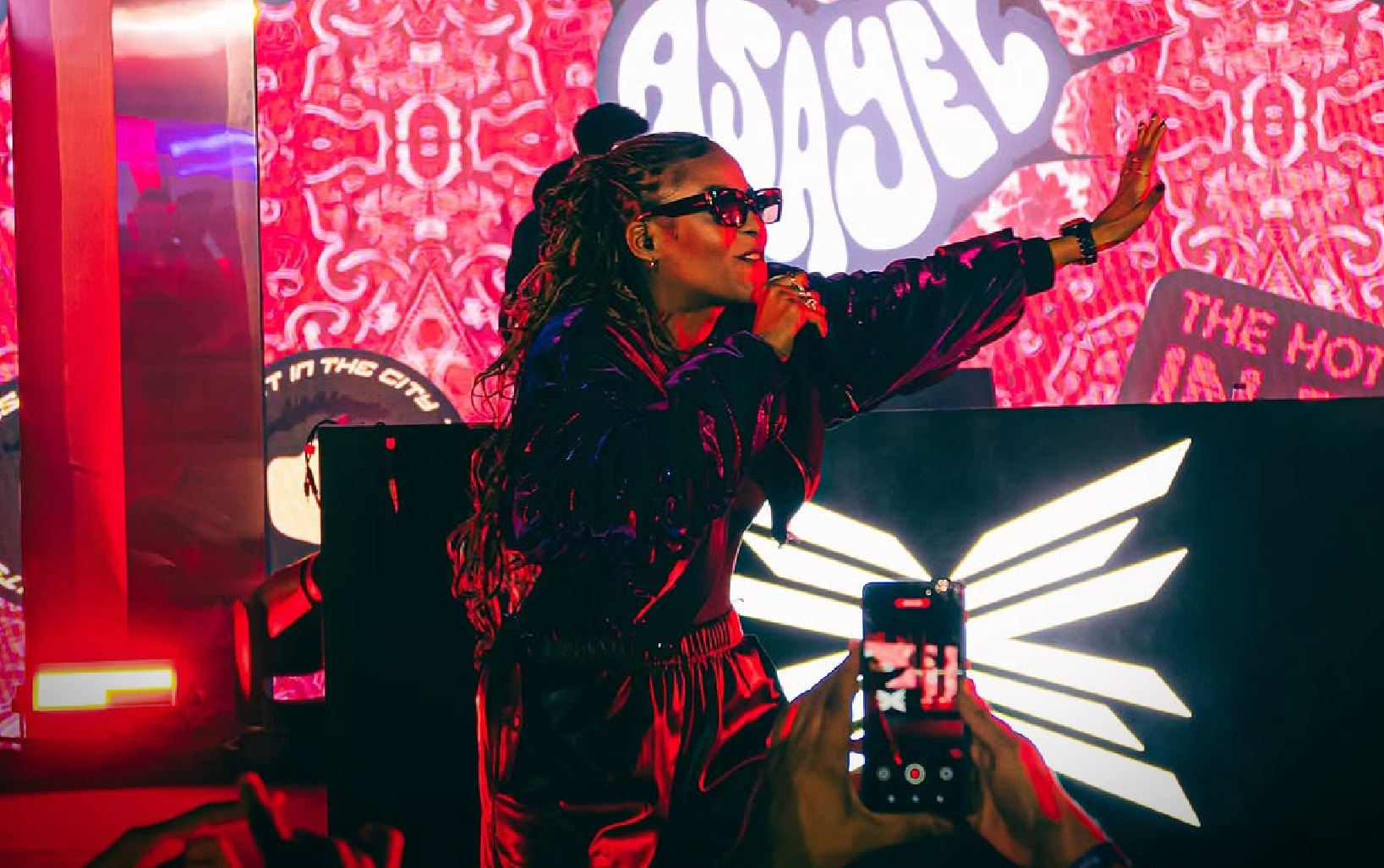
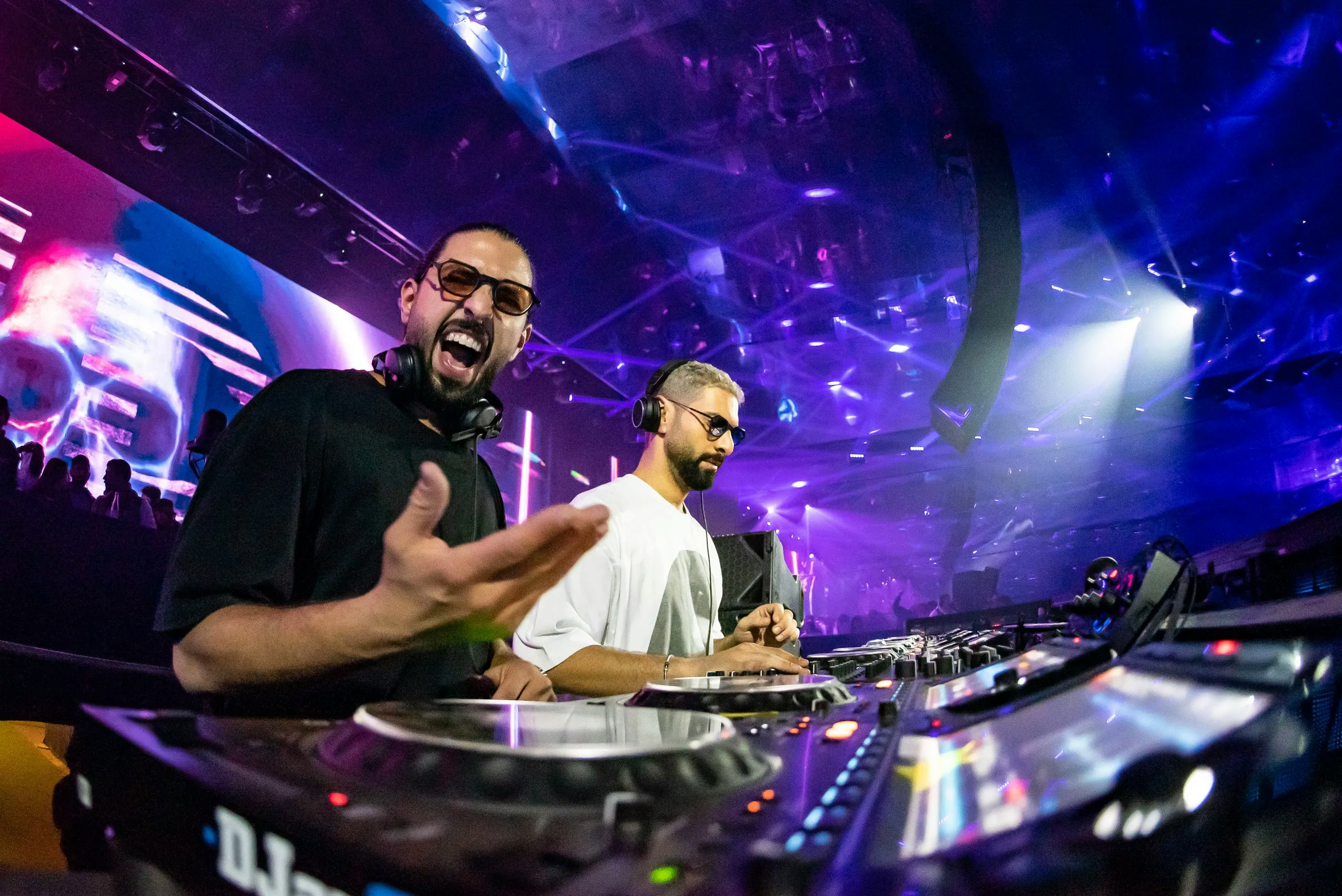
A Journey Through Musical Eras
By MDLBEAST
June 30 2024
A Journey Through Musical Eras
By MDLBEAST
June 30 2024
Musical eras are different periods in the history of music, marked by changes in style, culture, and technology. Knowing about these musical eras is really important because it helps us understand how music has changed over time and how diverse it is. Let's take a trip through time, starting from ancient times to now. We'll look at how music began, evolved, and transformed in different societies and cultures.
Ancient Music (Prehistoric Times - 5th Century CE)
In history, ancient societies were the first to start making music. When humans began living together in communities, music became an important part of their rituals, talking to each other, and having fun. Ancient cultures like Mesopotamia, Egypt, Greece, and China each fostered unique musical traditions, showcasing a myriad of instruments and practices.
Medieval Music (5th Century CE - 15th Century CE)
As we moved into the medieval era, music became closely connected with churches and cathedrals. Inside these big buildings, monks sang special songs called Gregorian chants. These chants were simple but powerful, filling the air with a feeling of spirituality during religious events.
During the medieval era, music became more complicated with something called polyphony. Instead of just one melody, multiple melodies were sung together at the same time. Composers played around with different vocal parts, blending them together to make beautiful harmonies. This made the music even more special, adding to the spiritual atmosphere in churches.
Renaissance Music (15th Century CE - 17th Century CE)
The Renaissance period was a time of big changes, and music was no exception. This era brought about a fresh way of thinking called humanism, which celebrated the ideas and talents of individual people. Renaissance music blossomed with lots of different melodies happening at the same time, creating rich and complex sounds. Composers got really creative, making music that was full of emotion and depth.
One of the most important developments of this time was the birth of operatic music. Operas were like musical plays, where singers told stories through both music and acting. Composers worked hard to blend together music and drama, creating captivating performances that told compelling stories. Operas became hugely popular, captivating audiences with their powerful combination of music and storytelling.
Baroque Music (17th Century CE - 18th Century CE)
During the Baroque era, from the 1600s to the early 1700s, music got fancier and more dramatic. Composers liked to add lots of fancy details to their music, making it sound really rich and elaborate.
Some of the best composers of all time lived during the Baroque era. People like Johann Sebastian Bach, George Frideric Handel, and Antonio Vivaldi made amazing music that we still enjoy today. Their music captured the feeling of the Baroque time, with its grandness, strong emotions, and beautiful complexity.
Classical Music (18th Century CE - Early 19th Century CE)
As the classical era unfolded, music embraced clarity, balance, and emotional restraint. Classical music embodied the ideals of the Enlightenment, emphasizing symmetry, form, and rationality. Masters like Mozart, Haydn, and Beethoven left an indelible mark on classical music, crafting symphonies, concertos, and sonatas that resonate with timeless elegance.
Romantic Music (Early 19th Century CE - Late 19th Century CE)
In contrast to the classical conventions, the Romantic era exuded passion, emotion, and individualism. Romantic composers delved into the depths of human experience, exploring themes of love, nature, and the supernatural. Chopin's soul-stirring piano works, and Wagner's operatic epics epitomized the Romantic spirit.
20th Century Music
The 20th century witnessed a big shift in musical paradigms, as composers shattered traditional structures and embraced experimentation. Jazz, blues, rock, and electronic music emerged as vibrant expressions of cultural dynamism and technological innovation. Advancements in recording and distribution revolutionized the music industry, democratizing access to diverse musical genres.
Contemporary Music (21st Century CE)
Today, different types of music mix together more than ever before. This happens because people from all over the world can easily share ideas and work together online. Modern music shows how connected we all are, with artists blending different cultures and styles in their songs. It's like a big colorful picture of human life, changing as our world changes and we all come closer together.
-
Watch out for the latest updates and exciting news about the Soundstorm music festival on the MDLBEAST website. Be part of our community and stay informed about the newest music trends!
Share this
